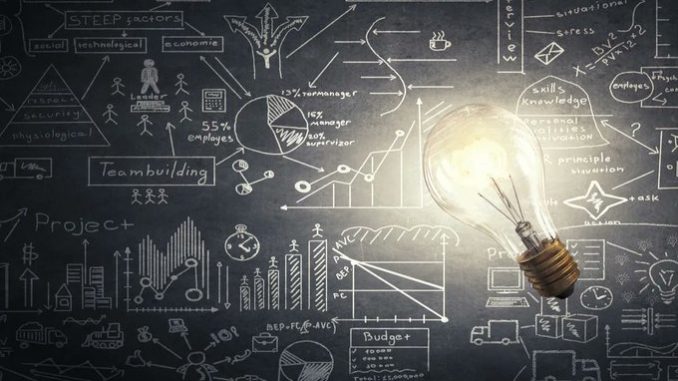
Artificial intelligence (AI) is becoming ubiquitous. It provides directions while we drive, answers our questions, offers music recommendations and powers a growing number of business processes in the workplace.
In fact, AI is working its way into so many aspects of our personal and professional lives that my company has begun to refer to it as “everyday AI.” Soon, I’d argue, it will become as ubiquitous — and necessary — as electricity.
Yet, despite the progress, we’ve only scratched the surface in the potential ways that AI can, and no doubt will, change business and the world. Gartner has forecast that it will take until 2025 for half of organizations worldwide to reach what Gartner’s AI maturity model describes as the “stabilization stage” of AI maturity or beyond.
So, there’s still a lot of work to do to put all the AI pieces into place — the software, systems, machine learning (ML) algorithms, data pipelines and governance controls. As more organizations build and expand this kind of AI infrastructure, the benefits of everyday AI — including productivity, efficiency and data-driven insights — will increasingly reap rewards for businesses of all sizes.
In many respects, AI is like electricity was in the 19th century: nascent, promising but untested, potentially dangerous without safety precautions, and with huge implications for the way it could potentially transform society.
Some of the underlying forces of electricity — magnetism, polarity, electric charge — were understood well before Benjamin Franklin, in 1752, flew a kite with a metal key attached to demonstrate that lightning was nature’s form of electricity. But it wasn’t until the 19th century that the emerging field of electrical engineering put the necessary pieces into place to make electricity available to people everywhere, including one of the world’s first “direct current” power networks in New York City.
